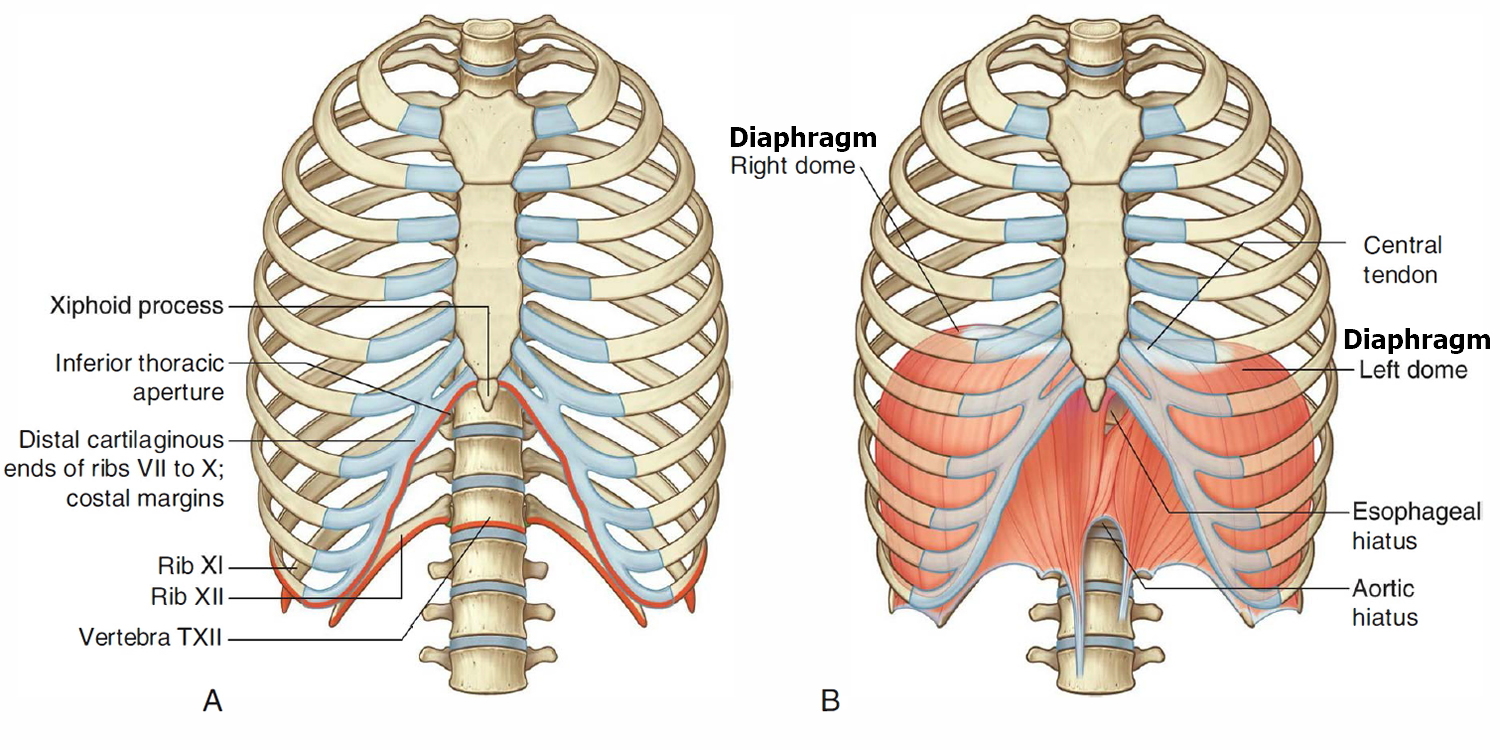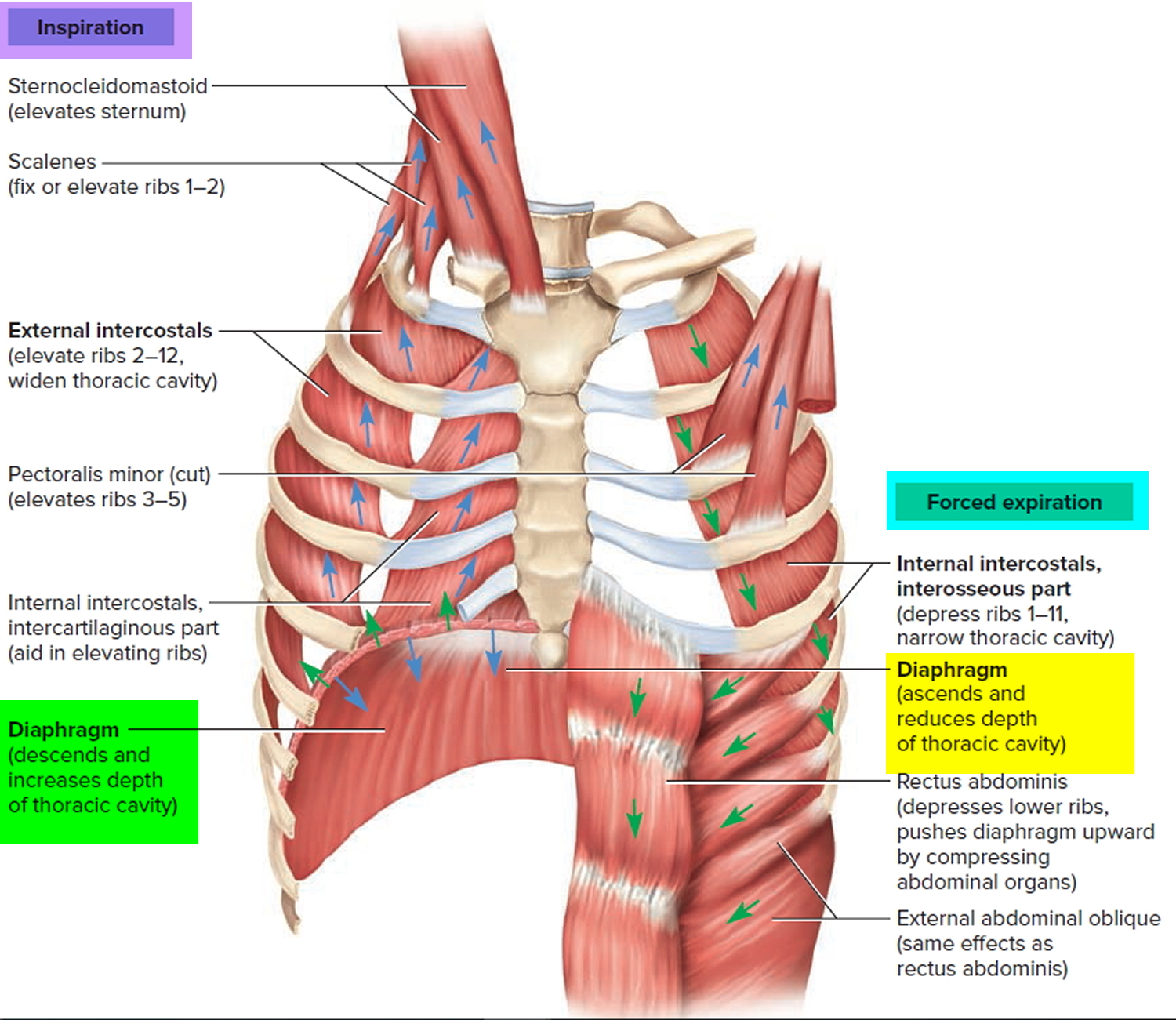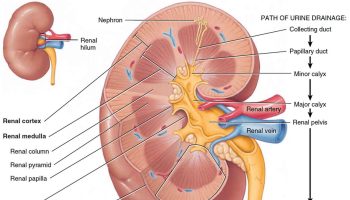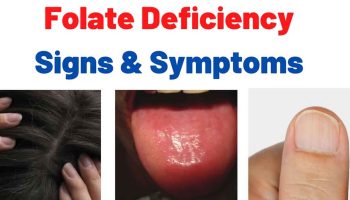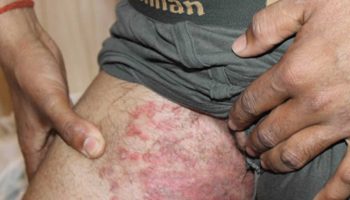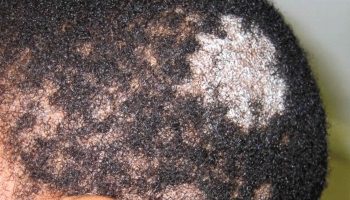Contents
What are hiccups
Hiccups also known as hiccoughs, are brief, repeated and involuntary muscle contractions (myoclonus) of the diaphragm and inspiratory muscles followed by sudden closure of the glottis 1. Hiccups can be annoying but are not usually serious and typically go away after a while. If hiccups go on for longer than two days, they are considered ‘persistent’ or long-lasting, and can interfere with eating and sleeping.
Hiccups can be classified under three categories dependent on the episode duration. Hiccups are defined as acute if the episode lasts for minutes to hours, persistent if the episode lasts for more than 48 hours, and intractable in instances in which the hiccups last for more than one month. Hiccups usually occur at a frequency of four to 60 per minute, the rate usually remaining constant for a particular individual. They are thought to arise due to stimulation of a hiccup reflex arc 2. Whether hiccups serve any constructive function is not known; it is possible that they are a vestigial reflex.
A number of self-limiting causes of acute hiccups have been identified. These include gastric distension, the consumption of alcohol or carbonated beverages, hot or cold drinks, anxiety and stress. The presence of intractable hiccups can be indicative of serious underlying pathology 3. More than 100 causes of persistent and intractable hiccup have been described. These can be categorized as: lesions of the Central Nervous System, diaphragmatic irritation, irritation of the vagus nerve, drug-induced, metabolic, surgical, infectious, psychogenic, and idiopathic (Lewis 1985). Medications implicated in the onset of hiccups include benzodiazepine derivatives and corticosteroids 4.
See a doctor if your hiccups:
- last longer than 48 hours
- come back very often and are affecting your life
Figure 1. Diaphragm muscle
Figure 3. Muscles of respiration – the diaphragm and intercostal muscles.
Figure 4. Hiccups
Why do you get hiccups
The diaphragm is the thin muscle that separates your chest from your abdomen.
Hiccups occur when your diaphragm suddenly and involuntarily contracts or tightens, causing a sharp intake of breath. When this happens, you quickly close your vocal cords, which produces the ‘hiccup’ sound.
What causes hiccups
There’s often no obvious reason why you get hiccups. Hiccups may start and stop without any obvious reason.
However, some things do increase your chances of having hiccups including:
- overeating, or eating too quickly
- spicy foods
- hot or fizzy drinks
- alcohol
- smoking
- sudden temperature changes
- swallowing air with chewing gum or sucking on candy
- stress, fear or excitement.
In rare cases, hiccups that last for days or weeks may be caused by an underlying condition, or by some medications you’re taking.
Some of the underlying conditions are:
Nerve damage or irritation
A cause of long-term hiccups is damage to or irritation of the vagus nerves or phrenic nerves, which serve the diaphragm muscle. Factors that may cause damage or irritation to these nerves include:
- A hair or something else in your ear touching your eardrum
- A tumor, cyst or goiter in your neck
- Gastroesophageal reflux (GERD)
- Sore throat or laryngitis
Central nervous system disorders
A tumor or infection in your central nervous system or damage to your central nervous system as a result of trauma can disrupt your body’s normal control of the hiccup reflex. Examples include:
- Encephalitis
- Meningitis
- Multiple sclerosis
- Stroke
- Traumatic brain injury
- Tumors
Metabolic disorders and drugs
Long-term hiccups can be triggered by:
- Alcoholism
- Anesthetics (medications given before and during surgery that causes a loss of consciousness)
- Barbiturates
- Chemotherapy (cancer treatment)
- Corticosteroids (which may be used to reduce inflammation)
- Diabetes
- Electrolyte imbalance
- Kidney disease
- Steroids
- Tranquilizers
- Some medicines for anxiety, pain, high blood pressure and seizures.
Long-lasting hiccups can cause discomfort and pain, disrupt sleeping and eating, and may cause anxiety or depression.
Risk factors for hiccups
Men are much more likely to develop long-term hiccups than are women. Other factors that may increase your risk of hiccups include:
- Mental or emotional issues. Anxiety, stress and excitement have been associated with some cases of short-term and long-term hiccups.
- Surgery. Some people develop hiccups after undergoing general anesthesia or after procedures that involve abdominal organs.
Hiccups complications
Prolonged hiccups may interfere with:
- Eating
- Sleeping
- Speech
- Wound healing after surgery
Hiccups diagnosis
During the physical exam, your doctor may perform a neurological exam to check your:
- Balance and coordination
- Muscle strength and tone
- Reflexes
- Sight and sense of touch
If your doctor suspects an underlying medical condition may be causing your hiccups, he or she may recommend one or more of the following tests.
Laboratory tests
Samples of your blood may be checked for signs of:
- Diabetes
- Infection
- Kidney disease
Imaging tests
These types of tests may be able to detect anatomical abnormalities that may be affecting the vagus nerve, phrenic nerve or diaphragm. Imaging tests may include:
- Chest X-ray
- Computerized tomography (CT)
- Magnetic resonance imaging (MRI)
Endoscopic tests
These procedures utilize a thin, flexible tube containing a tiny camera, which is passed down your throat to check for problems in your esophagus or windpipe.
How to stop hiccups
In most cases, an episode of hiccups will stop all on its own after a few minutes. You can try the following, although none of these have been proven to stop hiccups:
- pull your knees up to your chest and lean forward
- holding your breath for a short period
- sipping ice-cold water
- gargle with ice water
- breathing into a paper bag (don’t put it over your head)
Other unproven remedies including biting on a lemon or taste vinegar, swallow some granulated sugar and getting a fright.
If your hiccups last longer than two days, see your doctor. If an underlying condition is causing your hiccups, treating it may help.
If you have chronic hiccups, lifestyle changes may help:
- Avoid carbonated beverages and gas-producing foods
- Eat smaller meals
A number of medications, and also acupuncture treatments, have been used to treat long-lasting hiccups. However, it is not clear how well these treatments work.
DON’T
- drink alcoholic, fizzy or hot drinks
- chew gum or smoke – these can cause you to swallow air
- eat spicy food
- eat food very quickly
- eat or drink something very cold immediately after something hot
How to get rid of hiccups
Most cases of hiccups go away on their own without medical treatment. If an underlying medical condition is causing your hiccups, treatment of that illness may eliminate the hiccups. The following treatments may be considered for hiccups that have lasted longer than two days.
Medications
Drugs that may be used to treat long-term hiccups include:
- Baclofen
- Chlorpromazine
- Metoclopramide
Surgical and other procedures
If less invasive treatments aren’t effective, your doctor may recommend an injection of an anesthetic to block your phrenic nerve to stop hiccups.
Another option is to surgically implant a battery-operated device to deliver mild electrical stimulation to your vagus nerve. This procedure is most commonly used to treat epilepsy, but it has also helped control persistent hiccups.
- Krakauer EL, Zhu AX, Bounds BC, Sahani D, McDonald KR, Brachtel EF. Case records of the Massachusetts General Hospital. Weekly clinicopathological exercises. Case 6-2005. A 58-year-old man with esophageal cancer and nausea, vomiting, and intractable hiccups. New England Journal of Medicine 2005;352(8):817-25. http://www.nejm.org/doi/full/10.1056/NEJMcpc049037[↩]
- Bailey H. Persistent hiccup. Practitioner 1943;150:173-7.[↩]
- Cymet TC. Retrospective analysis of hiccups in patients at a community hospital from 1995-2000. Journal of National Medical Association 2002;94(6):480-3. https://www.ncbi.nlm.nih.gov/pmc/articles/PMC2594322/pdf/jnma00324-0010b.pdf[↩]
- Thompson DF, Landry JP. Drug-induced hiccups. Annals of Pharmacotherapy 1997;31(3):367-9. https://www.ncbi.nlm.nih.gov/pubmed/9066948[↩]

